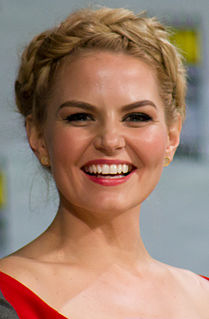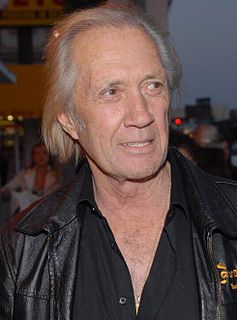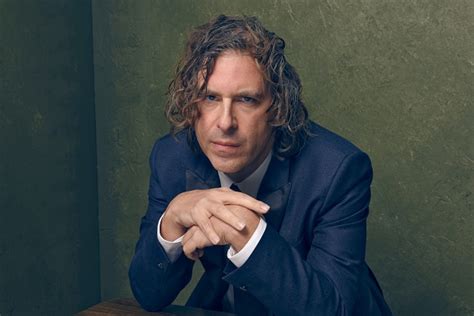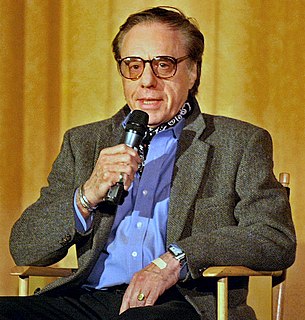A Quote by Robert Greene
One of the things I've been talking about with my critical writing and my own work is that these movies are seen differently in a theatrical space. It's very important to me. I edit films to be seen theatrically, like fiction material I've worked on like Listen Up Phillip or other documentaries.
Related Quotes
For me, in general, it's always about the material. Obviously, it's about the material and hoping that someone wants to hire me for a job, too, but I've certainly seen films like 'Orphan' and movies like that where I know that if I had had the opportunity to read that script or had an opportunity to do it, I would have wanted to do it.
Critics can say what they like about the films, but very often, there's a certain expectation of documentaries that they're supposed to be like PowerPoint presentations. I see documentaries as movies. So when I see some critics writing that we could have done without the recreations altogether - well, perhaps.
Like Summer Sisters comforted me just because I was like, okay things I've seen with my own eyes are not so terrible, and even though I knew adult gay people and had absolutely no issue with it. And I just couldn't articulate what made me so uncomfortable about the space that I shared with my friends becoming a sexual space. And it was very healing for me to read that, and feel like it was a part of other friendships, even fictional friendships I admire.
'90210' was looking at teenagers from a perspective that hadn't really been seen on television, though it had been seen in movies like some John Hughes films. I don't know if you want to say '90210' was real, but what the characters were going through was relatable - in a very glamorous environment.
The most striking thing to me about human space flight and my own personal experience is that I've seen dramatic changes on Earth. We humans are rapidly changing the planet. I've watched Amazonia as the rainforest has been cut down. That's something I've seen out the window. I'm very worried about that.
Personally, it all feels like I've been filming just one long film the whole time and I have no personal like or dislike for any of the films that I've done. I feel like all of the all of them are important to me, all of the cast and all the staff that I've worked with have also been very important to me.
The Coen brothers: Of all the directors I've worked with, they're the only ones who have given me the storyboards attached to the script. It was very cool for me, because I knew when I was in close-up or if it was far away, and it also made me know that anything that happened in the edit wasn't personal. Because they edit their own movies, so they were editing it as they went.
But I think writing should be a bit of a struggle. We're not writing things that are going to change the world in big ways. We're writing things that might make people think about people a little bit, but we're not that important. I think a lot of writers think we are incredibly important. I don't feel like that about my fiction. I feel like it's quite a selfish thing at heart. I want to tell a story. I want someone to listen to me. And I love that, but I don't think I deserve the moon on a stick because I do that.
I didn't see films when I was young. I was stupid and naïve. Maybe I wouldn't have made films if I had seen lots of others; maybe it would have stopped me. I started totally free and crazy and innocent. Now I've seen many films, and many beautiful films. And I try to keep a certain level of quality of my films. I don't do commercials, I don't do films pre-prepared by other people, I don't do star system. So I do my own little thing.
I think one of the reasons younger people don't like older films, films made say before the '60s, is that they've never seen them on a big screen, ever. If you don't see a film on a big screen, you haven't really seen it. You've seen a version of it, but you haven't seen it. That's my feeling, but I'm old-fashioned.







































